Why 17,000 Minnesotans of Color Can't Vote in This Election
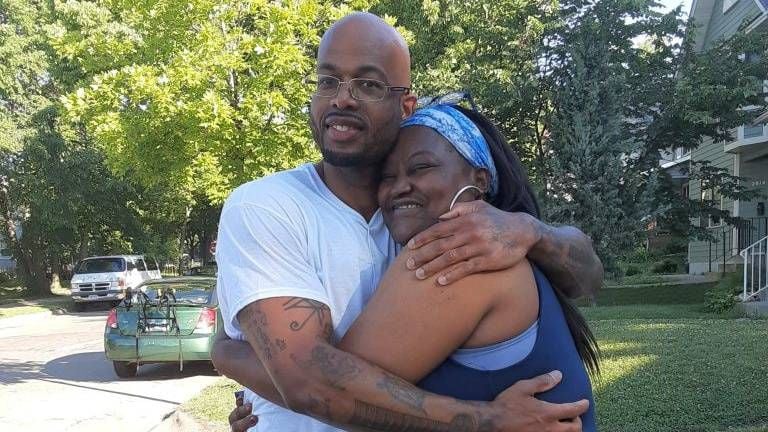
Antonio Williams has rosy memories of his first time voting.
It was 2004, and Williams was struggling to find direction in his life. Opportunities can be few for young Black men in America, but they are even fewer in Minnesota. Educators punish an unequal number of Black youth, and the state ranks last in the nation for the percentage of Black students graduating from high school on time. But one day, his cousin stopped everything to gather Williams and other family members. His cousin’s message was simple: "Now that you’re old enough, you’re going to the ballot box."
“This was a thug, a drug dealer,” Williams said of his cousin. “Even while he was on that negative path, he had the presence of mind - he had the consciousness to understand the power of the vote.”
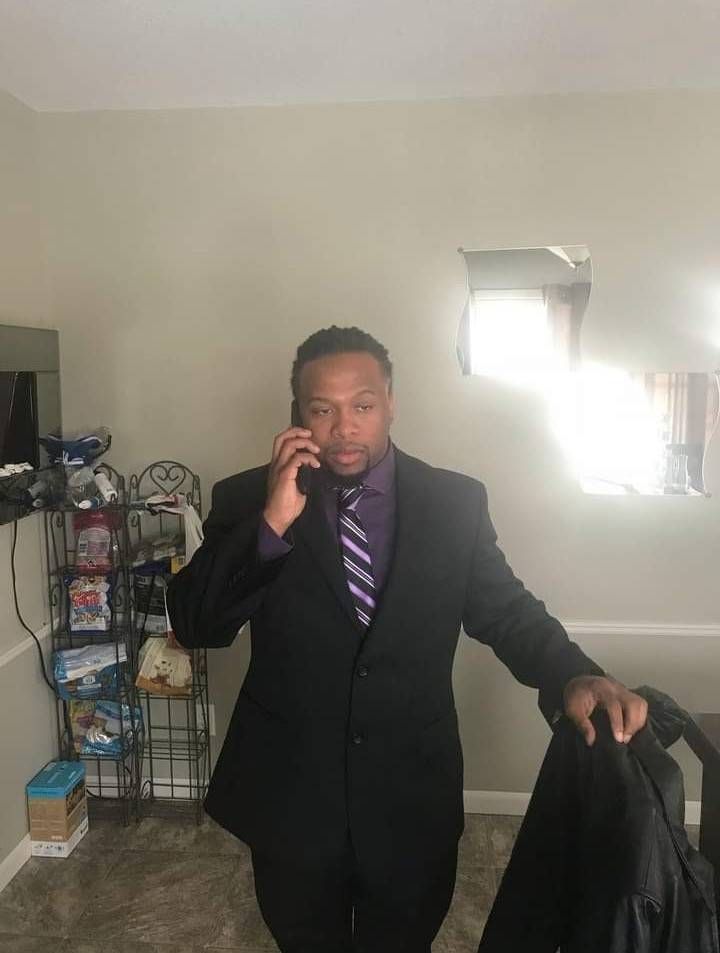
It was a memorable day, and the last time that Williams cast a vote.
As he was looking for purpose in school, family and friends, he fell into criminal habits like his cousin did. It caught up with him, and he was arrested two years later for his role in a homicide. Williams pleaded guilty in court and admits that he hurt that family. So he spent 14 years in prison, and remains one of more than five million Americans with felony convictions who cannot vote this election. In Minnesota, an unbalanced share of those ineligible voters are people of color. Some experts say, that’s by design.
NEVER PART OF THE SYSTEM
In prison, Williams found dysfunction, racism and purpose. He discovered meaning by mentoring other Black men like him who were seeking direction, an experience that motivated him to try and turn a new leaf. Williams also worked to teach inmates about their rights. A long history of criminal punishment in Minnesota has ensured that most inmates without rights are minorities.
The nonprofit Sentencing Project’s new “Locked Out 2020” report estimated how many Americans cannot vote in this election because of a felony conviction. The report found that one out of every five disenfranchised Minnesotans with felonies are Black and Latinx. That means that 17,322 people of color in Minnesota, 7% of the state’s eligible Black population, cannot vote in this election. That outpaces the national percentage of disenfranchised Black and Latinx people, plus the ACLU reports that one of every eight Black men in Minnesota are disenfranchised.
University of Minnesota Professor Christopher Uggen contributed to the “Locked Out” report, and has studied voter disenfranchisement for around two decades. Uggen said the history of racial disparity in Minnesota is deep, reaching back to the formation of the state’s constitution.
“We’ve long had restriction on prisoners, and that got extended to people on community supervision when we developed [that] in the early part of the 20th Century,” Uggen said. “Several communities of color really have the votes diluted because of these restrictions. If you’re taking 7% of the population out before you even open up the polls, that can have a marked impact on the political strength of any given group.”
For Williams, that impact translates to being shunned from a process that affects people like him more than others. It translates, as he said it, to being told you must pay taxes but you cannot vote.
“You want us to be in the system, but not a part of the system,” Williams said. “It’s like, ‘Wait a minute, what’s really going on here?’ And to me, it’s clear.”
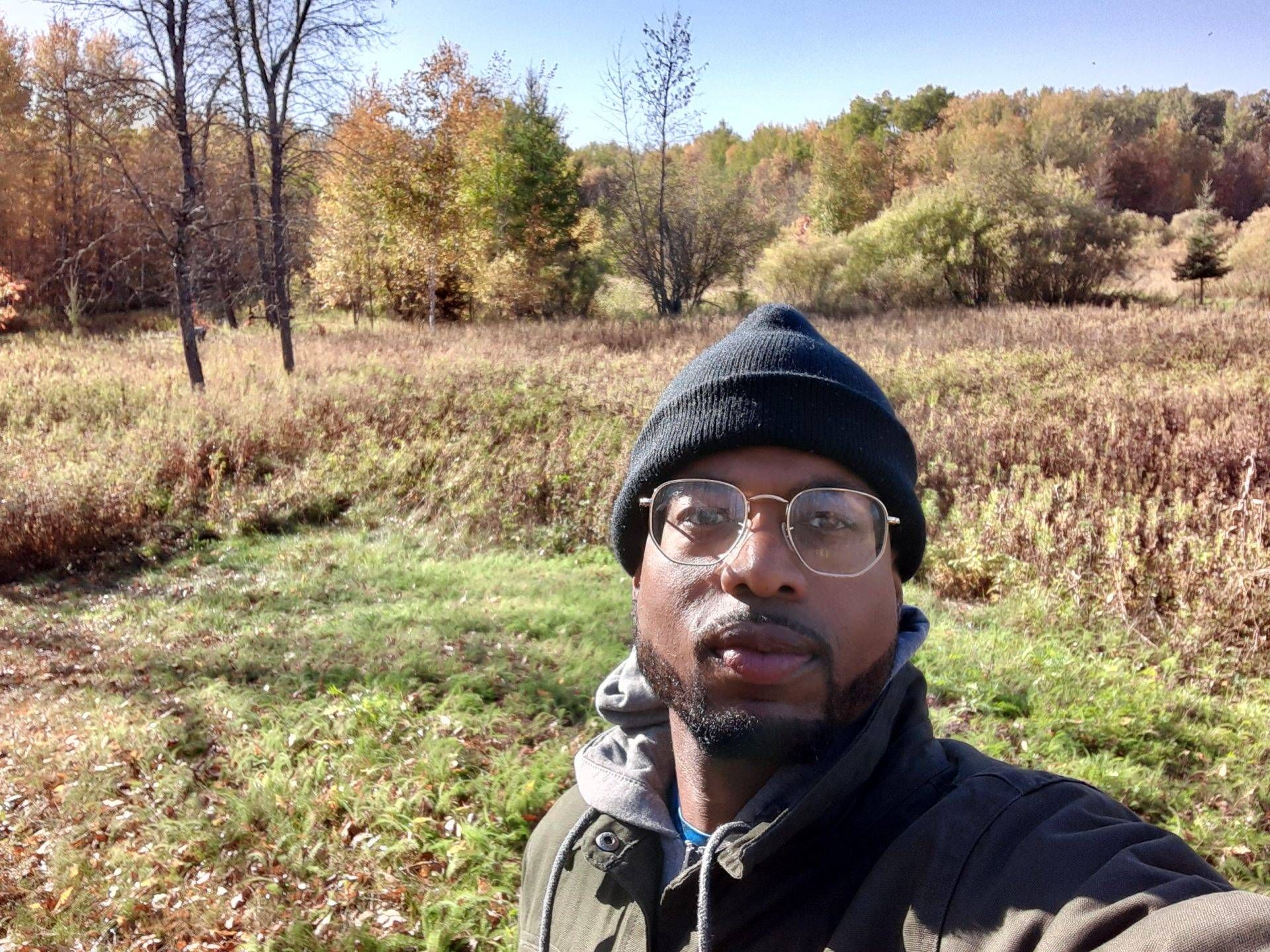
DISENFRANCHISING BLACKNESS
The Sentencing Project’s report also found that the number of disenfranchised people grew from 1 million in the 1970s to 5 million in 2020. Nicole Porter, the nonprofit’s director for advocacy, said stricter policing of minority communities has contributed to a boom in the number of incarcerated people. That, in turn, has contributed to these unequal rates of disenfranchisement, and Porter says that’s on purpose.
“There’s a deep history in the United States following the Civil War, particularly during the post Reconstruction period, where a felony was used as a proxy for Blackness to exclude, from full civil and political rights, Black residents … and the country has never fully reckoned with that,” Porter said. “It’s part of this elitist history in the United States to limit the electorate to only them[selves] as opposed to guaranteeing voting rights for everybody.”
That history has affected generations of mostly minority communities and left lasting impressions on those coming out of the system - but some locals are working to change the narrative.
Tierre Caldwell is vice president of the Minnesota Second Chance Coalition, a nonprofit working to help former criminals who paid their debt to society integrate back into the world. Caldwell said many people leave jail or prison feeling disempowered because they were cast out of their communities and stripped of their rights. Restoring their right to vote, or at least getting them civically engaged, changes that.
“Once someone is involved in that process, even if they’re not able to vote, they still feel like they are a part of society,” Caldwell said. But he warned, “It’s so much discrimination, you wouldn’t believe it.”
Though Minnesota passed a Ban the Box law to prevent more employers from discriminating against people’s criminal records, the Department of Human Rights investigated nearly 200 violations of the law between 2016 and 2017 (the DHR's 2018-2019 report had not yet been shared at the time of this publication). And when it comes to housing discrimination, a person’s criminal history is not protected.
Efforts to expand voting rights for people with felonies did not pass the state legislature last year, but Caldwell said more voter education can help turn the tide for disenfranchised people. Antonio Williams has made it his job to do just that.
WILLIAMS' SECOND CHANCE
It’s been 16 years since Antonio’s cousin took him to vote, but today Williams is the one shepherding people to their ballot box. He was released on supervised parole this year and now works with Better Futures Minnesota and the ACLU of Minnesota, informing people about their rights and telling them how important it is to vote. The work is not easy. Williams says that many people exit prison with little support from the state, and more white people with felonies are being informed of their voting rights than Black and Latinx people. But he believes building such infrastructure will create a change and eventually grow the communities’ awareness.
“We’re bringing it to the people, and it’s by the people. It's people like me who have, and are, impacted by a felony and cannot vote,” Williams said. “We are important, we are valuable. So when I’m being excluded, it’s like, ‘OK. You were better off letting me vote, because now I'm about to go get 10 [or] 20 other people to vote.’”
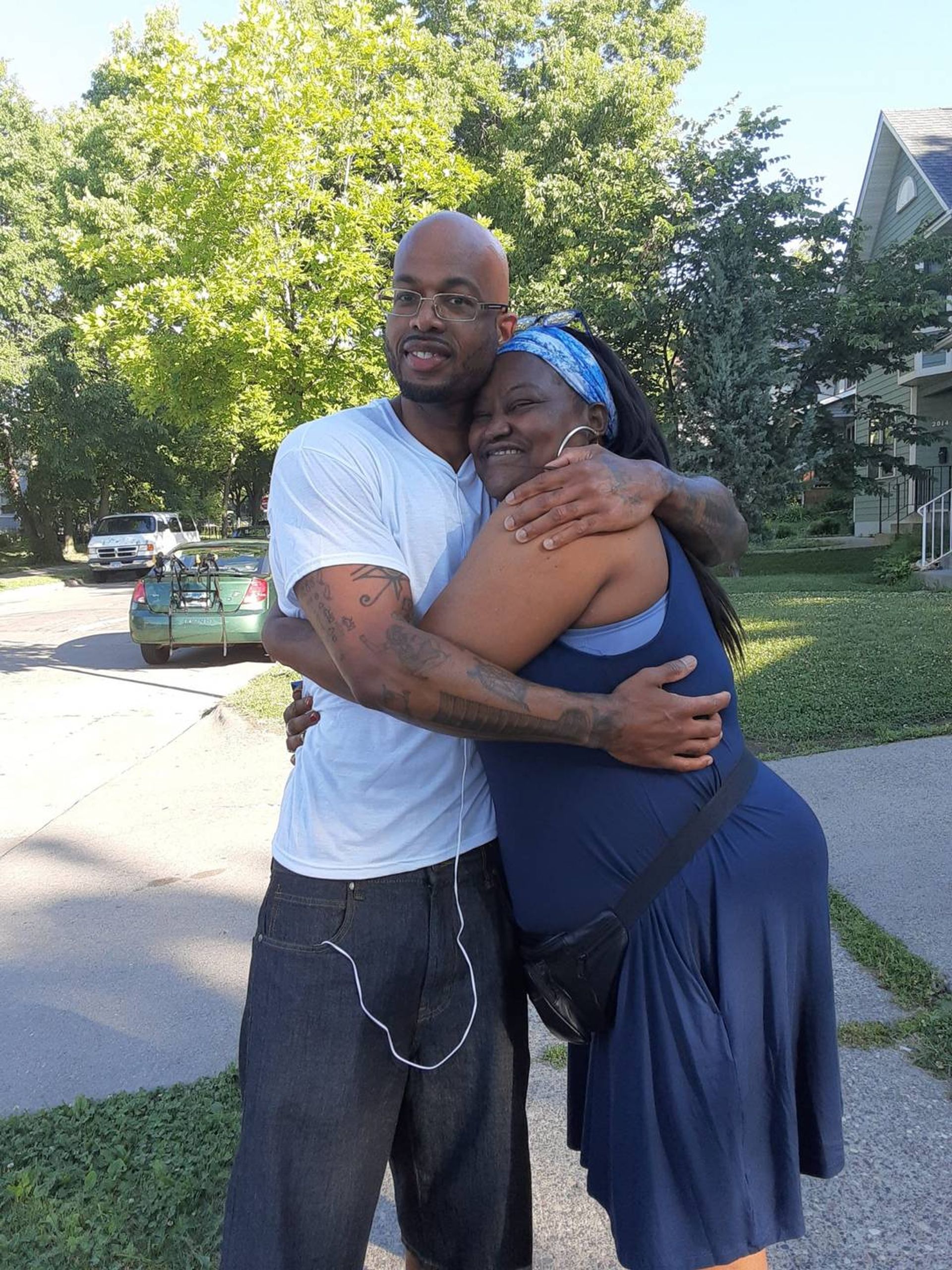
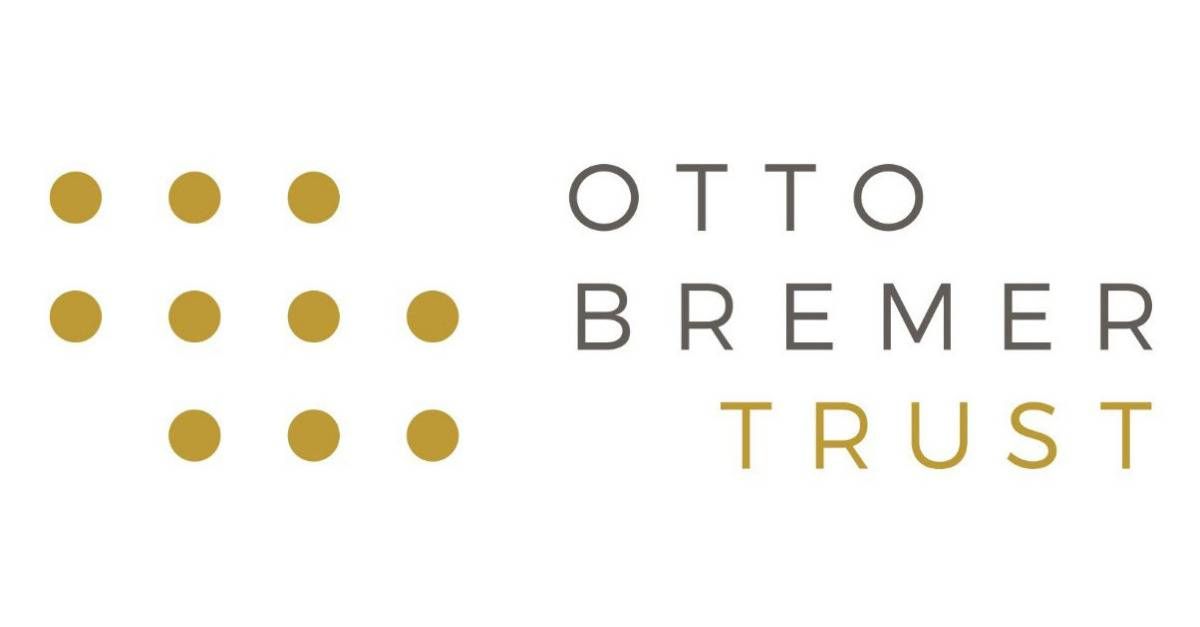
This story is part of the digital storytelling project Racism Unveiled, which is funded by a grant from the Otto Bremer Trust.
Along with other urban centers across the country, the Twin Cities have a history of racially discriminatory housing covenants that prevented people of color from buying homes in certain neighborhoods. That history ripples in the present-day affordable housing crisis: By limiting opportunities for home ownership, people of color were stripped of one key way to build equity over time. Discover more in “Mapping the Roots of Housing Disparities in Minneapolis.”
A surge of minority voices has responded to the police killing of George Floyd. In the weeks since Floyd uttered, “I can’t breathe,” as ex-Minneapolis Police Officer Derek Chauvin pressed down on his neck, a new collective of individuals is taking action by running for office, engaging in politics and stirring change among youth. But is the momentum a movement or a moment?
From requiring poll taxes to moving polling locations on election days, the United States has a long history of voter suppression aimed at communities of color. But 2020 brings unprecedented changes to the experience of voting as we know it. With the rush of voters voting by absentee ballots that are either mailed or delivered to election offices, will 2020 put an end to voter suppression tactics?
